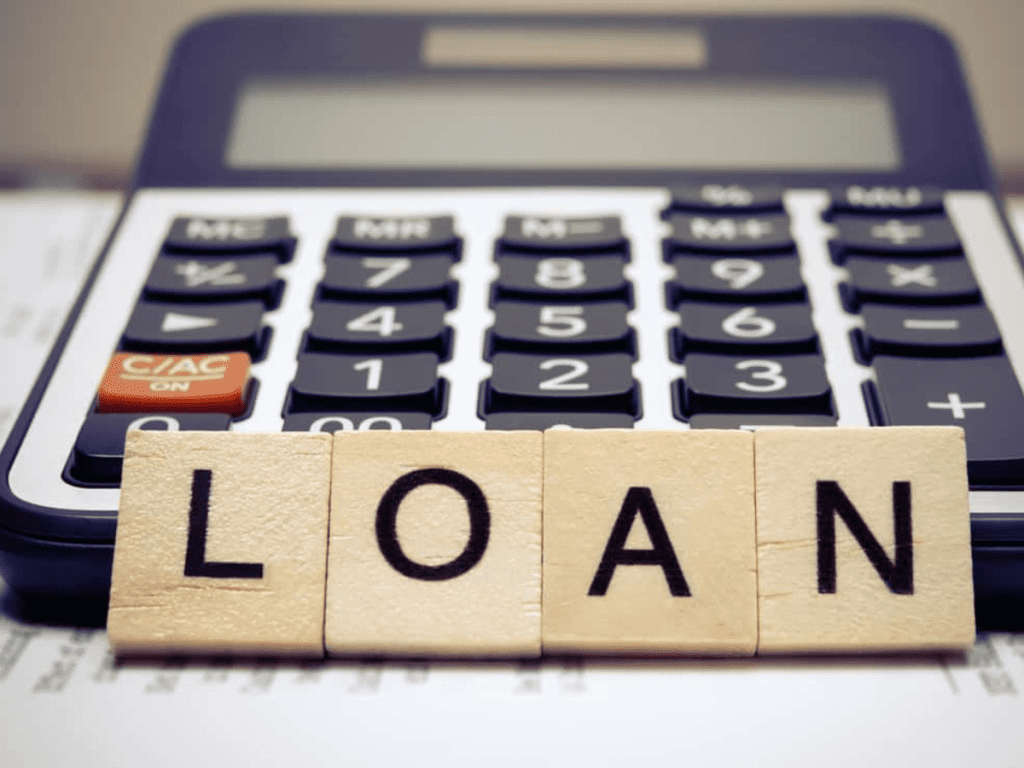Table of Contents
Toggleintroduction
Paying off a loan early can be an attractive option for many borrowers. Whether it’s a mortgage, car loan, student loan, or personal loan, becoming debt-free sooner rather than later can provide financial relief and long-term benefits. However, before making the decision to pay off a loan ahead of schedule, it’s essential to understand the potential pros and cons, as well as how it might impact your overall financial health.
This guide will walk you through everything you need to know about early loan repayment, from prepayment penalties to interest savings and strategic considerations.
1. Understanding Prepayment Penalties
Before you rush to pay off your loan, it’s crucial to check whether your lender imposes prepayment penalties. Some lenders include these fees to protect their profits, as they rely on the interest accrued over the full loan term.
What Is a Prepayment Penalty?
A prepayment penalty is a fee that lenders may charge if you pay off your loan before the agreed-upon term. These penalties are typically calculated as:
- A percentage of the remaining loan balance.
- A fixed number of months’ worth of interest.
Which Loans May Have Prepayment Penalties?
While not all loans carry prepayment penalties, they are more common with:
- Mortgages: Some fixed-rate and adjustable-rate mortgages (ARMs) may have penalties within the first few years.
- Auto Loans: Certain lenders impose penalties if you pay off your car loan too early.
- Personal Loans: Some lenders, particularly those offering lower interest rates, may include penalties.
How to Avoid Prepayment Penalties
To avoid unexpected costs:
- Read your loan agreement carefully before signing.
- Contact your lender to clarify any potential penalties.
- Consider refinancing with a lender that offers no prepayment penalties.
2. The Benefits of Paying Off a Loan Early
There are several compelling reasons to pay off a loan early. From saving money on interest to gaining financial freedom, here’s why it might be a good idea.
a. Interest Savings
One of the most significant benefits of early repayment is the reduction in total interest paid over the life of the loan. Interest compounds over time, and by paying off the principal sooner, you reduce the amount on which interest accrues.
Example:
Let’s say you have a $30,000 auto loan with a 5% interest rate for 5 years. If you pay it off 2 years early, you could save hundreds or even thousands of dollars in interest.
b. Improved Financial Security
Eliminating debt means fewer monthly obligations, which can:
- Free up your income for other financial goals.
- Reduce stress and financial burden.
- Provide greater flexibility in times of economic uncertainty.
c. Building Wealth
Once you’re free from debt payments, the money you were allocating to loan repayments can be redirected toward:
- Investments (stocks, retirement accounts).
- Savings for emergencies or large purchases.
- Starting a business or achieving other financial goals.
3. Potential Drawbacks of Early Loan Payoff
While paying off a loan early has its advantages, there are also some potential downsides to consider.
a. Impact on Credit Score
Surprisingly, paying off a loan early can sometimes cause a temporary dip in your credit score. This happens because:
- Closing an installment loan reduces your credit mix, which accounts for 10% of your score.
- Your credit history length may be shortened, especially if it was your oldest account.
However, the impact is usually minor and temporary, and the long-term benefits of being debt-free outweigh the short-term hit.
b. Loss of Tax Benefits
For homeowners, paying off a mortgage early might mean losing out on tax deductions for mortgage interest, which can provide significant savings during tax season. If you’re in a high tax bracket, consult a financial advisor before paying off your mortgage early.
c. Opportunity Cost
Paying off debt early may divert funds from other financial opportunities with potentially higher returns, such as:
- Investing in the stock market.
- Contributing to retirement accounts with employer matches.
- Building an emergency fund for unexpected expenses.
4. Loan Types and Special Considerations
Different types of loans come with unique considerations when it comes to early payoff.
a. Mortgages
Mortgages are often the largest debt people carry, and paying them off early can save thousands in interest. However, consider factors such as:
- Prepayment penalties.
- Potential loss of tax benefits.
- Alternative investment opportunities (e.g., investing instead of paying off).
Alternative strategy: Instead of full repayment, consider making extra principal payments to reduce interest without fully closing the loan.
b. Car Loans
Paying off an auto loan early can help avoid paying more interest than the car’s depreciation, which is beneficial. However, check for prepayment penalties and consider if the funds might be better used elsewhere.
c. Student Loans
Federal student loans typically don’t have prepayment penalties, making them easier to pay off early. Private loans, however, might have penalties, so it’s important to check the terms.
d. Personal and Credit Card Debt
High-interest debts, like credit cards and personal loans, should generally be prioritized for early payoff due to their high APRs. Paying these off first can free up cash flow and improve credit utilization ratios.
5. Strategies to Pay Off Loans Early
If you’ve decided to pay off your loan ahead of schedule, consider these effective strategies:
a. Biweekly Payments
Instead of making monthly payments, consider splitting your payment into biweekly amounts. This results in an extra full payment each year, reducing your loan balance faster.
b. Rounding Up Payments
Adding a little extra to each monthly payment can shorten the loan term and reduce the total interest paid. For example, rounding up a $275 payment to $300 each month can make a significant difference.
c. Making Lump-Sum Payments
Whenever you receive unexpected funds, such as tax refunds, bonuses, or inheritances, consider applying them directly to your loan’s principal balance.
d. Refinancing
If your loan carries a high interest rate, refinancing to a lower rate with a shorter term can help pay it off faster while reducing overall interest costs.
6. Balancing Early Payoff with Other Financial Goals
Before you commit to paying off a loan early, make sure you balance it with other priorities such as:
- Emergency Savings: Have at least 3–6 months’ worth of living expenses saved before aggressively paying off debt.
- Retirement Savings: Ensure you’re contributing enough to retirement accounts, especially if your employer offers matching contributions.
- Short-Term Goals: Don’t sacrifice important near-term financial needs, like home repairs or education, just to eliminate debt early.
Conclusion
Paying off a loan early can be a smart financial move, but it’s essential to weigh the pros and cons based on your unique situation. Key takeaways include:
- Checking for prepayment penalties before making extra payments.
- Understanding how it impacts your credit and tax situation.
- Considering opportunity costs and financial priorities.
Ultimately, achieving debt freedom can provide both financial and emotional relief, helping you focus on building wealth and securing your financial future.
If you’re unsure whether early loan repayment is the right move, consider consulting a financial advisor to create a plan that aligns with your overall financial goals.

